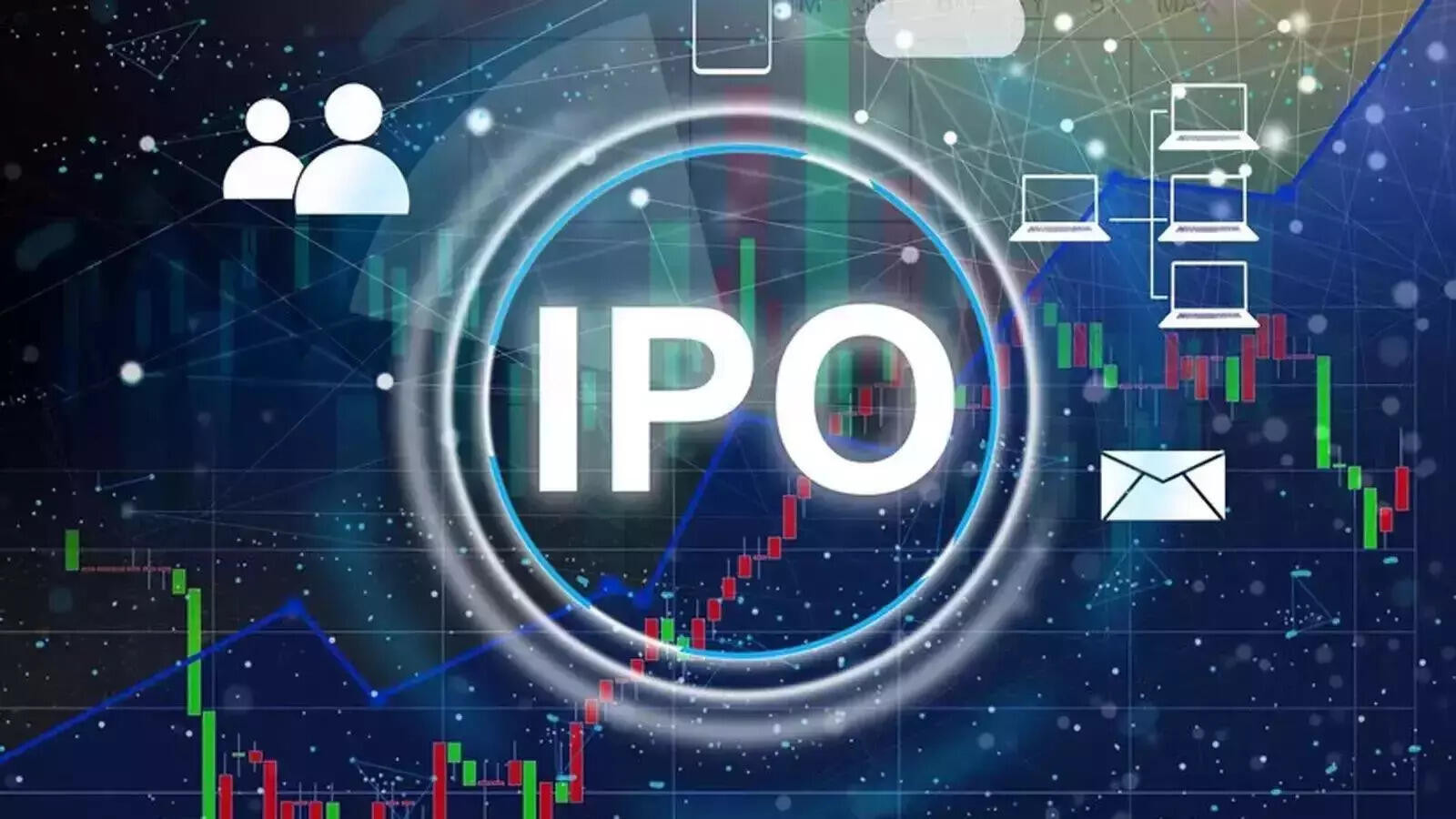SEBI Chairman Tuhin Kanta Pandey urged company boards to treat independent directors as “stewards of accountability,” not honorary figures. He emphasized the need for diverse selection processes, ongoing orientation beyond initial induction, and fostering psychological safety where directors can freely dissent.
Independent Directors: Stewards or Scapegoats? A Fresh Look at Corporate Governance
The role of the independent director (ID) in India’s corporate landscape is under scrutiny, and it’s a conversation long overdue. Are they genuinely empowered guardians of shareholder interests, or are they often shouldering blame for systemic failures beyond their control? Recent discussions suggest a shift in perspective is vital to strengthen corporate governance.
For years, the focus has been on holding IDs accountable when things go south. While accountability is crucial, the discourse often neglects the practical limitations they face. These limitations stem from a variety of issues. For instance, inadequate access to critical information, influence that is diluted by the presence of executive directors, and, occasionally, a genuine lack of expertise in the company’s core business. It begs the question: are we setting IDs up for failure?
The current legal framework, while intending to protect stakeholders, sometimes places an undue burden on IDs. They are expected to act as vigilant watchdogs, sniffing out potential wrongdoing. Yet, they may lack the necessary tools or resources to effectively perform this function. This disconnect can lead to situations where IDs are penalized for failing to detect fraud or mismanagement that was expertly concealed or occurred at a level far below their line of sight.
The real conversation needs to shift toward empowering independent directors. It’s about giving them the necessary authority and resources to genuinely influence decision-making. This includes ensuring they have unrestricted access to company data, the freedom to engage external experts when needed, and a culture within the organization that values their input, even when it challenges the status quo.
One of the biggest challenges lies in information asymmetry. Executive directors, deeply embedded in day-to-day operations, naturally possess a far greater understanding of the company’s inner workings than IDs. To bridge this gap, companies need to actively promote transparency and create channels for IDs to access unfiltered information. This isn’t about micromanaging; it’s about providing IDs with the context they need to make informed decisions.

Furthermore, the selection process for IDs needs a revamp. Too often, appointments are based on personal connections or perceived prestige, rather than a careful assessment of the individual’s skills, experience, and commitment to upholding ethical standards. A robust selection process, coupled with comprehensive induction programs, can ensure that IDs are equipped to handle the complexities of their role. There’s a need to broaden the pool of potential independent directors to include a more diverse range of expertise and perspectives.
The concept of stewardship is particularly relevant here. It emphasizes the responsible management of assets and resources, with a focus on long-term value creation. When independent directors embrace their role as stewards, they prioritize the interests of all stakeholders, including shareholders, employees, customers, and the community. This requires a shift from a purely compliance-driven approach to a more proactive and strategic mindset.
Interestingly, this re-evaluation comes at a time when environmental, social, and governance (ESG) factors are gaining increasing prominence. Investors are demanding greater transparency and accountability from companies on these issues, placing even more pressure on IDs to ensure responsible business practices. Are independent directors equipped to handle this additional responsibility?
It’s not about absolving IDs of accountability; it’s about fostering an environment where they can effectively fulfill their duties. We need to redefine the role, not as a mere box-ticking exercise, but as a vital component of a healthy and sustainable corporate ecosystem. Companies, regulators, and IDs themselves need to work collaboratively to create a framework that empowers them to act as true stewards of accountability. This also includes fair compensation that reflects the significant responsibilities borne by these individuals.
Ultimately, the success of corporate governance hinges on the integrity, competence, and independence of its directors. By empowering IDs and fostering a culture of transparency, we can create a business environment that is both ethical and prosperous.







